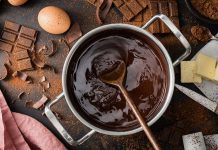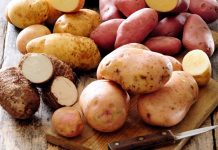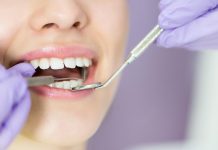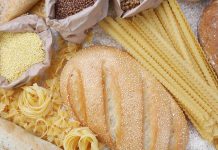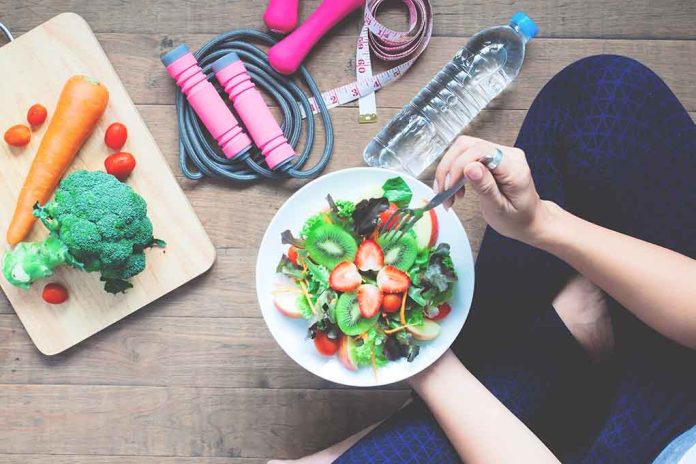
(AscendHealthy.com) – Most of us want to better ourselves, and there are a lot of ways we can go about it. Changes to our approaches in diet, exercise or other areas in our lives don’t always come easy, but even one positive move can make a world of difference toward self-improvement.
Some people are taking personal transformation to a shocking extreme. TikTok enthusiasts have been flocking to join the trend — but it might not be all it’s cracked up to be. We have the scoop on the 75 Hard Challenge.
Here’s What Experts Say About the 75 Hard Challenge.
What Is 75 Hard?
According to the official website, 75 Hard is a 75-day regimen designed to improve participants “from the inside.” Program founder, Andy Frisella, reports that 75 Hard has benefited over 100,000 people worldwide, enabling life-changing mental and physical transformations for those who’ve completed the strict regimen.
Parade shares the breakdown:
- Adhere to a diet without once eating a “cheat meal.”
- Commit to a 45-minute workout twice a day–one must be outdoors.
- Drink 4 liters (just under 17 cups) of water.
- Read 10 pages of nonfiction text.
- Endure 5 minutes under the shower with the water running cold.
- Record progress with photos.
- Perform one act of kindness or have an in-person conversation with someone.
Participants cannot fail once at meeting every task. However, a few of these items could be more than dramatic; they might be downright dangerous.
What Do the Experts Say?
Experts agree that Frisella’s list is arbitrary, and their recommendations actually stand against a few of the items. Let’s take a closer look.
Dangers of “Cheat Meals”
The first red flag is the recommendation to follow a diet and abstain from “cheat meals.” Beyond its dangerous vagueness, this type of attitude — “good” foods versus “bad” foods — can lead to disordered eating. Frisella offers no meal recommendations or even an explanation of what constitutes a “cheat meal,” leaving participants to decide for themselves how to approach this “diet.”
Too Much of a Good Thing
The second big issue is the amount of exercise recommended. LiveStrong explains that people who aren’t accustomed to working out twice a day are susceptible to overtraining, which is anything but beneficial.
When a person works out too much, their body never gets a chance to recover. Continued overtraining can lead to muscle fatigue, poor sleep quality, a weakened immune system, and dysregulated cortisol and adrenaline levels.
One Size Doesn’t Always Fit All
Finally, 4 liters is more water than some people should consume daily. Even if added fluids are necessary to account for the excessive exercise, too much water on its own can lead to dangerously low sodium levels in the blood, warns Mayo Clinic.
To keep daily water intake at healthy levels, women should aim closer to 2.7 liters (11.5 cups), and men should drink 3.7 liters (15.5 cups). People who exercise aggressively should consider adding a sports drink or two to replace any lost electrolytes.
Making a Solid Plan
An extreme challenge might seem like the best way toward self-transformation, but a more conservative approach is likely to be more sustainable. Consider ditching unrealistic diet and exercise regimens and adopting a few moderate lifestyle changes instead. Incorporate more colorful vegetables to give your body the fuel it needs to tackle each day while allowing the occasional treat without the guilt.
Health permitting, follow the American Heart Association’s recommendation to exercise at moderate intensity for 150 to 300 minutes per week (75 minutes if aerobic exercise), integrating resistance training twice per week. Remember, any activity — even gardening, doing dishes, or taking a short walk around the block — is better than sitting.
Challenges like 75 Hard can become surrounded by a lot of hype, but just because something’s popular doesn’t mean it’s beneficial. Remember always to discuss any extreme measures with a doctor before attempting, especially if the advice came from somewhere online. These days anyone can be an “expert,” even people with zero credentials — like Andy Frisella. Be careful out there.
~Here’s to Your Healthy Ascension
Copyright 2021, AscendHealthy.com

